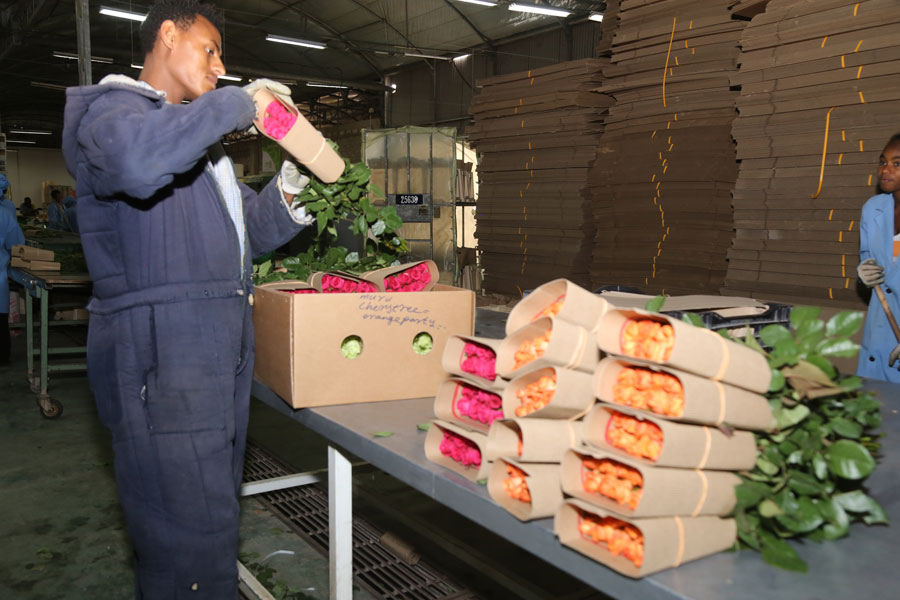
Agenda | Mar 09,2019
Betting companies will not be allowed to pay out more than one million Birr to winners if a new directive drafted by the National Lottery Administration comes through the approval process.
There have been no restrictions on payouts, where betting companies claim to have made as much as 10 million Br on a single ticket. It is a thriving industry where close to 42 companies are allowed only betting on sports matches, but with little regulatory oversight.
The Lottery Administration began works on the directive in the wake of strong criticism from civil society organisations and the general public about the impact of the betting industry, particularly the youth.
The betting market will fall under more stringent regulation once the Ministry of Revenues approved the directive. The draft directive is also under review by the Office of the Federal Attorney General.
The rationale for the regulatory oversight is to ensure betting companies have adequate capital to run their business, preventing potential defaults on bets. The move will enable the six-decade Lottery Administration, which registered close to one billion Birr in revenues last year, to resume providing permits to new entrants almost two years after it suspended the service.
The directive will require betting companies to secure a minimum of 1.5 million Br in bank guarantees to continue operations. The existing directive, issued eight years ago, does not require the betting companies to present bank guarantees.
A permit fee will increase significantly from the 400 Br charged now, although officials of the Administration declined to disclose how much. The directive will compel betting companies to carry out charitable works, committing 0.5pc of their sales, while the minimum age requirement to take part in gambling will also be raised to 21. This is contrary to the trend in other African countries that permit betting, including Kenya, where the legal age is 18.
“Companies with inadequate preparation and capital used to get permits easily,” said Desse Dejene, director of licensing and regulation of the Administration.
Squeezing betting companies by imposing capital requirements will do little in restraining the effects on society, says Abiy Wondifraw, a sports journalist closely following sports for over a decade.
Grand Betting was one of the companies to receive a permit before the Administration ceased issuing them two years ago.
A new entrant to the business, the management of Grand Betting is frustrated with the measures the Administration has in store for the industry.
According to Yoseph Tesfaye, general manager of Grand Betting, the guarantee requirement will do more harm to the business than good. He argued that not all companies are operating at full capacity and will be unable to carry the additional burden.
“Our clients are adults, who should take responsibility for their actions,” said Yoseph.
Grand Betting has seven outlets in the capital, taking up to 150 bets a day during football season, which runs from late August to early June. Yoseph does, however, support the one million Birr ceiling on payouts, convinced that it would help put industry players on an even footing.
Abiy believes the societal impact of betting should be at the heart of any changes. The addictive nature of gambling and the vulnerability of youth should serve as a reason for regulation to focus on the industry's impact rather than the business aspect, according to Abiy.
“The focus should be on restricting the operational activities and consequences of the industry,” said Abiy.
PUBLISHED ON
Sep 04,2021 [ VOL
22 , NO
1114]

Agenda | Mar 09,2019

Fortune News | Nov 11,2023
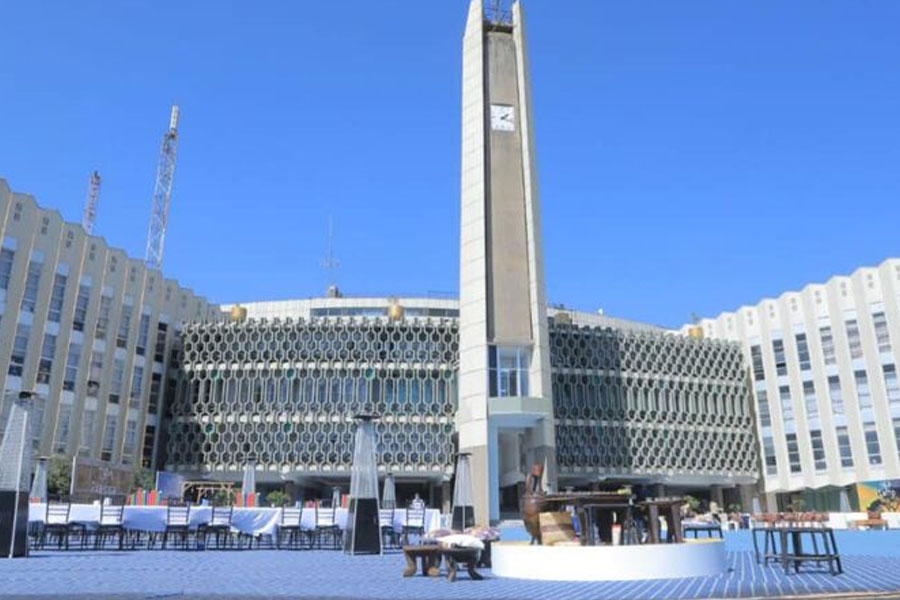
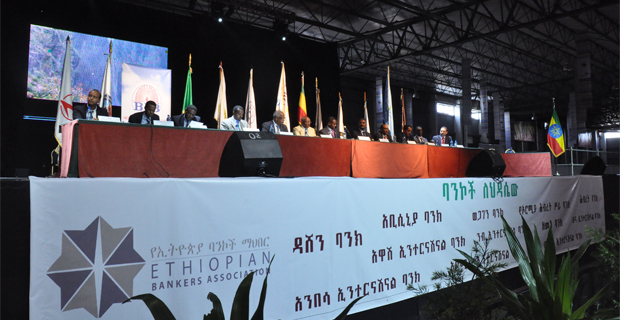
Fortune News | Mar 30,2019
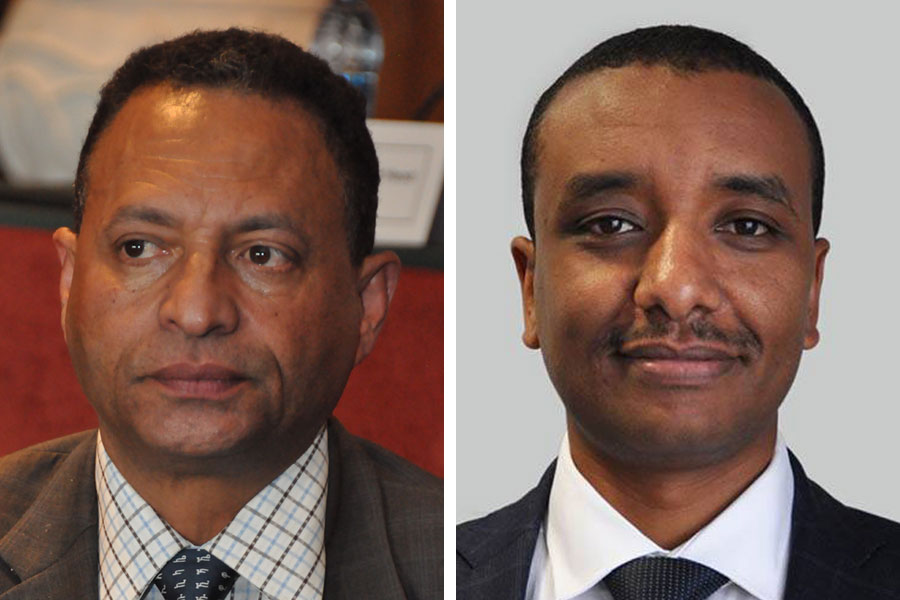
Fortune News | Aug 07,2021
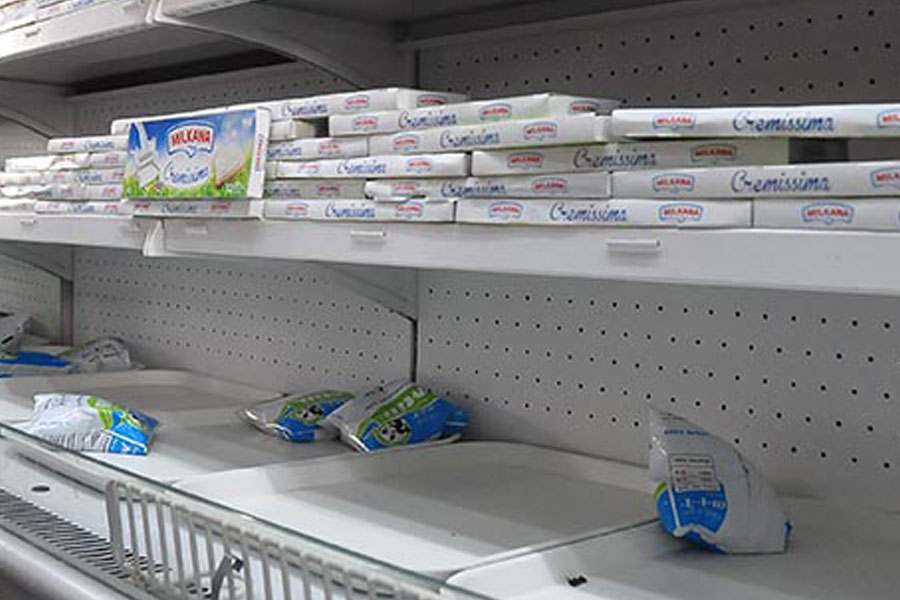
Fortune News | Apr 29,2023

Radar | Aug 10,2019

Fortune News | Dec 02,2023

Advertorials | May 29,2023
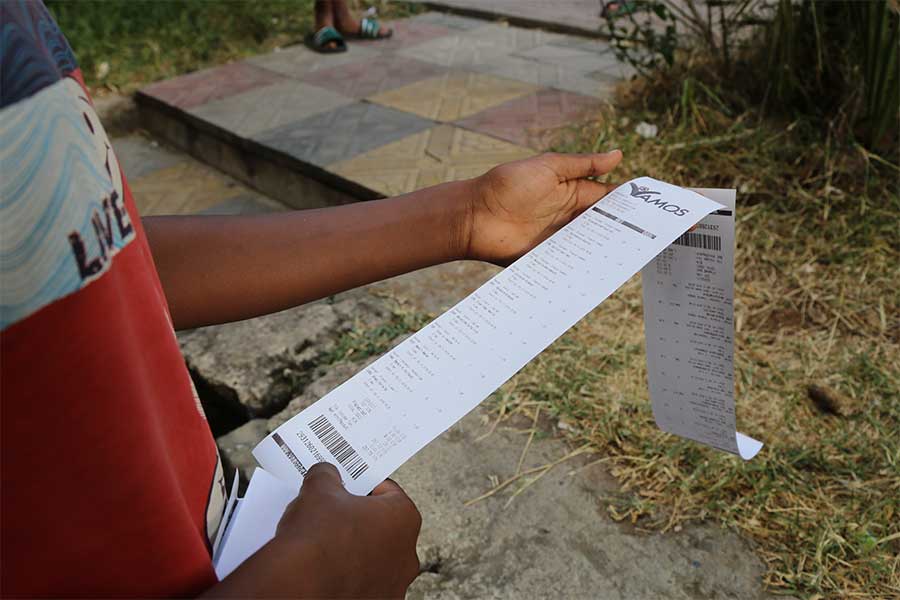
Featured | Nov 09,2019

Dec 22 , 2024 . By TIZITA SHEWAFERAW
Charged with transforming colossal state-owned enterprises into modern and competitiv...

Aug 18 , 2024 . By AKSAH ITALO
Although predictable Yonas Zerihun's job in the ride-hailing service is not immune to...

Jul 28 , 2024 . By TIZITA SHEWAFERAW
Unhabitual, perhaps too many, Samuel Gebreyohannes, 38, used to occasionally enjoy a couple of beers at breakfast. However, he recently swit...

Jul 13 , 2024 . By AKSAH ITALO
Investors who rely on tractors, trucks, and field vehicles for commuting, transporting commodities, and f...

Oct 11 , 2025
Ladislas Farago, a roving Associated Press (AP) correspondent, arrived in Ethiopia in...

Oct 4 , 2025
Eyob Tekalegn (PhD) had been in the Governor's chair for only weeks when, on Septembe...

Sep 27 , 2025
Four years into an experiment with “shock therapy” in education, the national moo...

Sep 20 , 2025
Getachew Reda's return to the national stage was always going to stir attention. Once...